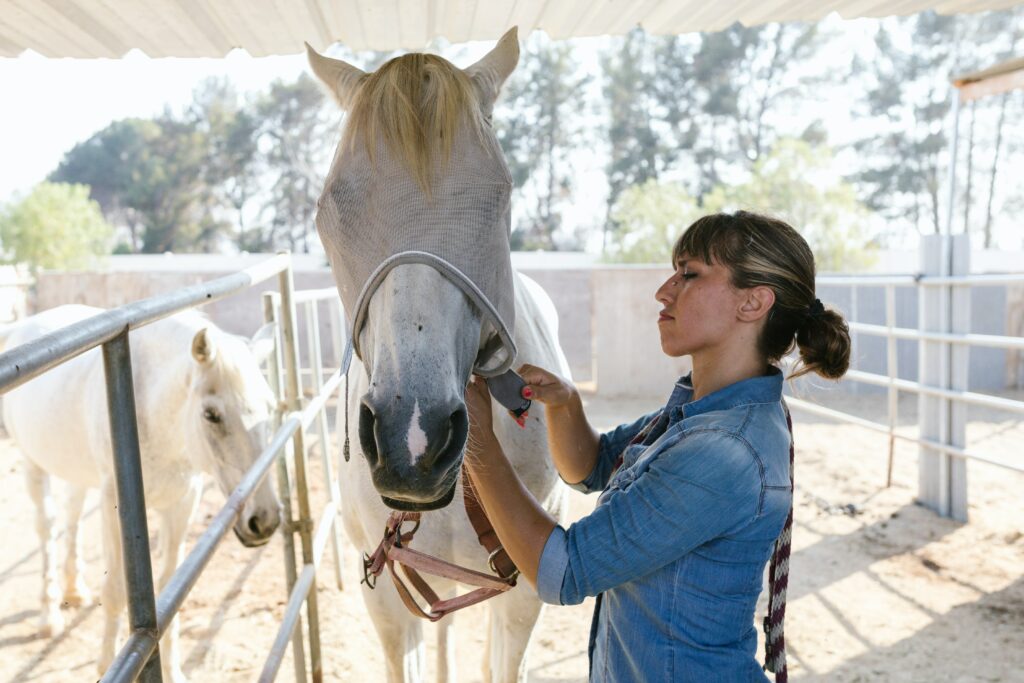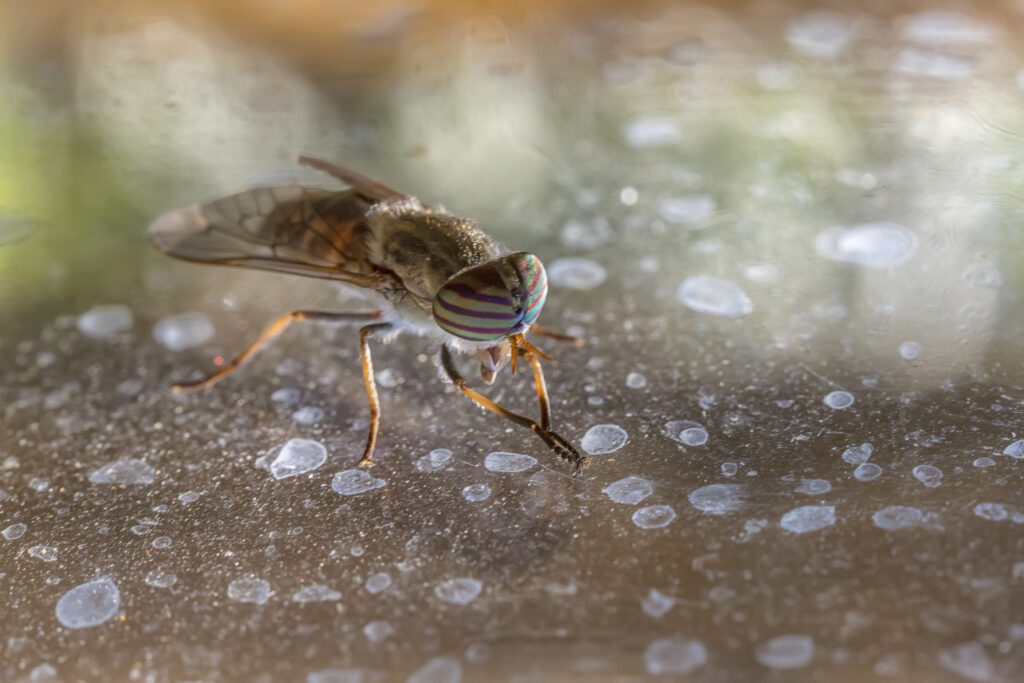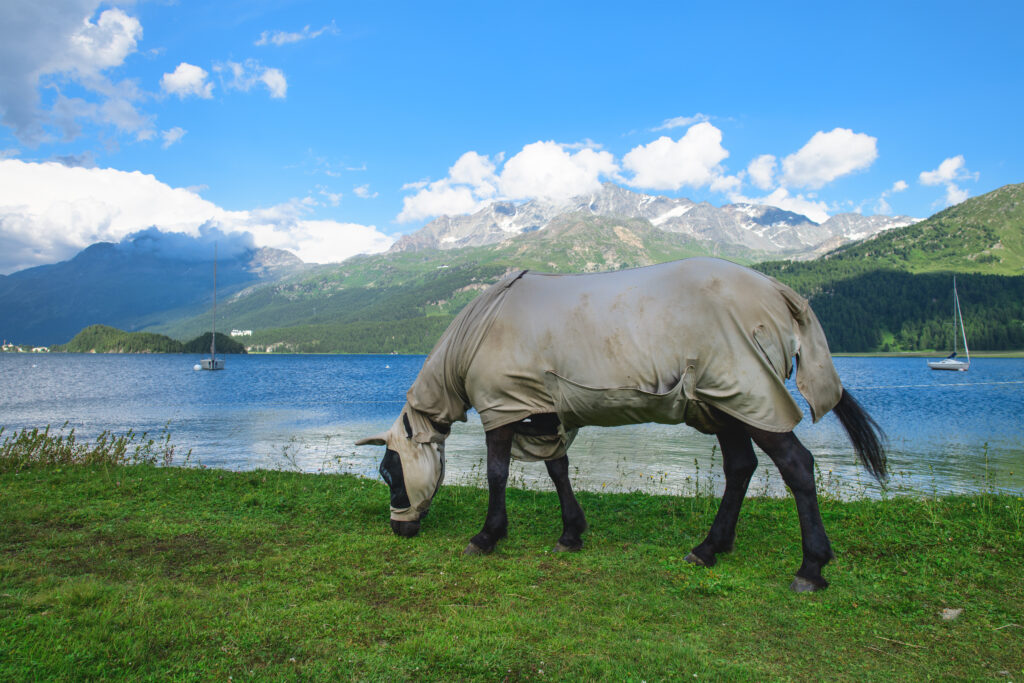
Annoying, pestering flies are everywhere. They are so nosy and want to be in your personal space. It is stressful and not to mention the health hazards it can represent. So does your horse feel the same way? Of course, but since they can’t talk, it is challenging to let you know that these tiny flying insects are all up on their business.
Take a break and learn about fly bites on horses and horsefly bites. Are they the same thing? Let’s find out while also pointing out types, causes, and treatments.
Well, did you know there are about 120,000 species throughout the world? That’s a lot. Many bite animals and humans for their blood, while others may transmit diseases through bites.
Horsefly bites and fly bites on horses are not the same. Horseflies are considered true flies and members of the Insect Order Diptera (Deer flies are from this branch too). Meaning they are a type of fly. These can be mean creatures, especially the female horsefly, persistent on sucking sufficient blood as her meal.
According to victims, a bite can be a real pain. These may heal after a few days with no intervention, but keep an eye out for infections to be safe!
Flies are into warm weather, which is why during Spring and Summer, you see them boasting life. Wear insect repellent and avoid dark clothes to stir clear from those horseflies!

Yes, these pests enjoy daytime and can transfer blood-borne diseases from one animal to another. Infected horses may suffer from swamp fever (the equine infectious anemia virus).
Horses that contract swamp fever often have a high fever and may also experience diarrhea, vomiting, and muscle weakness.
Fly bites on horses can cause a spectrum of symptoms, depending on the fly that attacked.
Horn fly bites
Apply a cold compress to the area to help reduce swelling and itching.
Face fly bites
Apply a topical antibiotic ointment to the lesion to help it heal.
Stable fly bites
Clean the wound with soap and water, then apply a topical antibiotic ointment.
Bot fly bites
Apply a topical antibiotic ointment and try to remove the botfly larva from the wound.
Deer fly bites
Apply a topical insect repellent to the area.
There are a few things horse owners can do to help prevent fly bite damage on their horses.

There is a vast spectrum of flies. The world is their kingdom, and we must live among them. Some are annoying, while others take it to the next level and become life-threatening.
Maintaining the safety and health of your horse is vital. Prevent and strengthen the skin and coat with Aniviva.
Our AniViva® Animal Serum has no harsh chemicals. Instead, it blends a concentration of cationic magnesium, zinc, copper, hydrogen, sulfur, ammine, and essential oils that helps to repel flies and other insects. It's safe for horses and it comes in a convenient spray bottle.

Learn more about us and our products. Our company focuses on skin health, with high-quality ingredients that give thriving results.
Consult your veterinarian if you believe your horse has an infection from fly bites.



